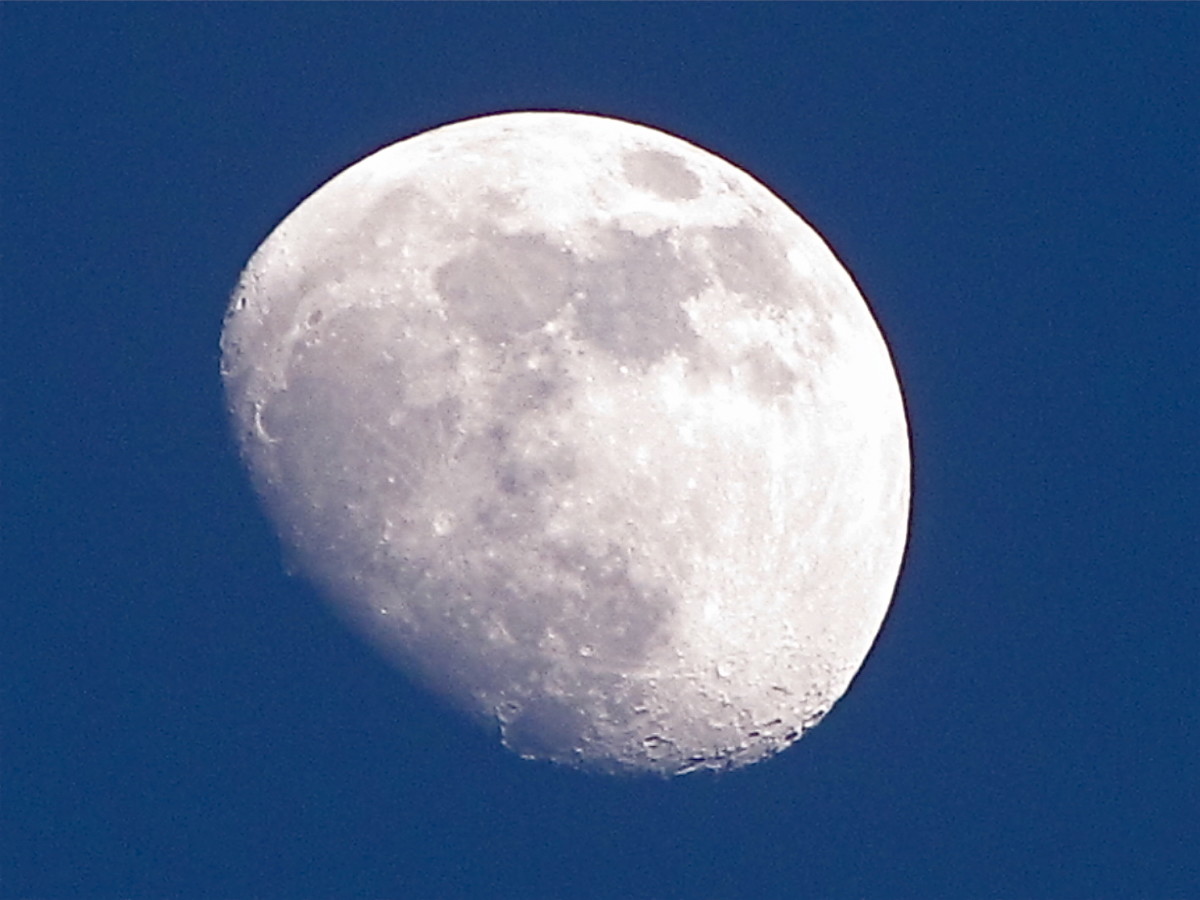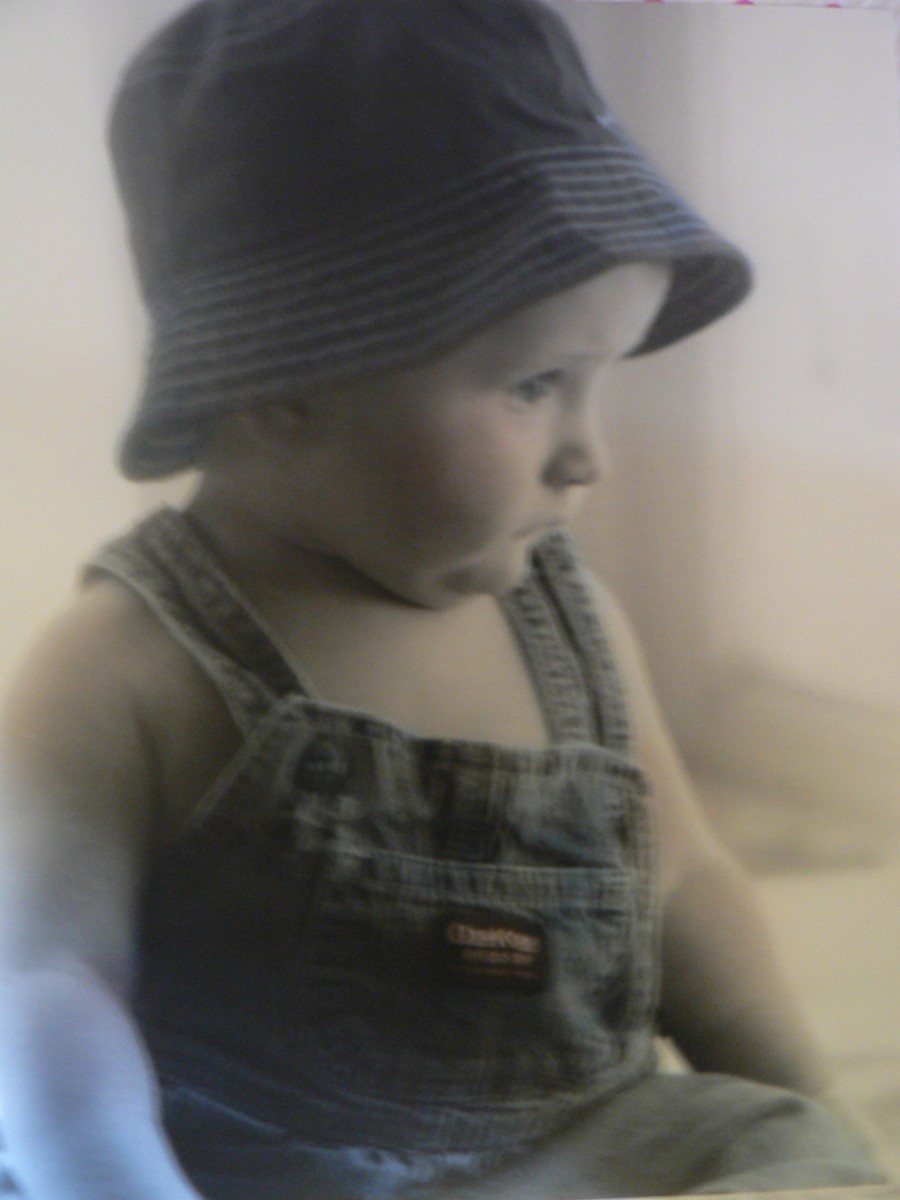Photography Copyright


Photos Ownership
Photo credits are still relevant in the year 2015, despite the proliferation of cellphones because they basically answer the question: Who took the photo?
It is about ownership. Your car is registered in your name because you own it. Burglars are individuals who break into other people’s homes and steal whatever they can carry. In some cases, they sit down and help themselves to the food and drinks in the fridge. Call it a burglar’s feast.
Someone can sing a song, but the person who wrote it is the original owner, although this has entered the ‘gray area’ domain because of tricks like re-mixing, also called 'mashups.' Just think mashed potatoes.
It is the same with photography. The person who took the photo has the copyright which means I cannot use it in posters advertising products like cars, detergents or politicians.
Photo credits used to be money in the bank for photographers whose photos were published in newspapers, and magazines such as National Geographic, Life, Ebony and Harper’s Bazaar, to mention but a few.
Cellphones and other electronic gadgets that capture images have blurred photography lines. For example, it will be very difficult to determine who owns the right to photos taken at the following:
-
Rock concerts
-
Press conferences
-
Soccer stadiums
-
Campaign trails
-
Weddings
-
Cannes Film Festival
-
Media scrum outside court cases
-
Zoos
Online Photography Sites
http://nonqaba-cinemamytake.blogspot.ca/2015/06/selfie-for-myself.html
The internet has many forums that enable professional photographers and cell phone users to share their photos with the whole world. Some of them end up in blogs. Artists can retouch them and do all sorts of things that ‘improve’ or ‘disfigure’ the original photo.
It is also now debatable who is professional, who is not. Does having a camera that costs $7,000 (body alone without lenses) make one a professional photographer?
How about professional photographers who have not earned a penny from their work in the last two years? Can we still call them professional?
The internet is supposed to be one big happy family where we share thoughts, videos and photos. Some of the shared photos do not have photographers’ names. In some cases, resourceful thieves attach their names to other people’s photos.
If it is not a pixelated photo (your name on the digital photo), you don’t know how many rounds it made before Flickr or Pinterest.

Commissioned Photography
There is no copyright misunderstanding if a tourism department wants to have a new online brochure and hires a photographer to take pictures of the lakes, mountains and parks. The department pays the photographer and retains the copyright.
Newspapers used to send two people to gather the news: a reporter and a photographer. That is almost gone because all reporters have cellphones, but the pictures they take belong to the newspaper.
Department stores need photos to sell their merchandise. They commission/hire photographers to take pictures for their electronic and hard copy flyers. You will never see photographers' names on these flyers because copyright belongs to the store.
The right to copyright usually becomes an issue when someone profits from a photo. That is when the photographers objects and sues, if he or she has the means to take the legal route.
Adobe Photoshop
Photoshop is a software programme that enables you to change original photos ‘manipulation’ to suit your needs. You can remove clothes from a photo or change the clothes’ original colour. Basically, you can change the photo in such a way that the photographer does not recognise his or her work.
It is like coming home one evening, and find your house painted pink when the exterior was white when you left in the morning. There are other criminal acts involved besides burglary.
Layout and design artists can attest to Photoshop’s positive side, but it gets a bad rap when it is intentionally used to defraud photographers of their copyright.
Millions of cellphone users are not even aware of copyright implications because they just love taking pictures and sending them out there.
Private Photos
Photography sites such as You Pic have certain strategies to protect photographers, at least record who took the original photo. You Pic in particular has different categories for pics.
Photographers decide how their work to be identified: wildlife, landscape, random, macro, street, rural etc. These sites can also determine who took the photo.
If you use your cellphone, they can tell what kind of cellphone you use to take pics, even the f-stop when you shoot the pic. This makes photographers happy because they will be credited for their photos.
Respect for Photographers
Including photographers’ names in your blog, website and social media means you recognise the right to ownership. You don’t want anybody stealing your bike or piece of land.
That is why you would not deliberately steal someone’s photo and front it as your own. Serious photographers spend a lot of money on their work.
-
They fly to foreign places or drive thousands of miles from home to shoot unique landscape and wild animals.
-
They have expensive cameras and accessories. They also spend extra on insurance.
Photo Credit and Online Photos
Always include the website when you use a photo from the internet. Better still, build your own stock footage and label it. For example, I opened a file called International Peace Garden when we went to North Dakota recently. I also have a file called Canada Day 2015.






